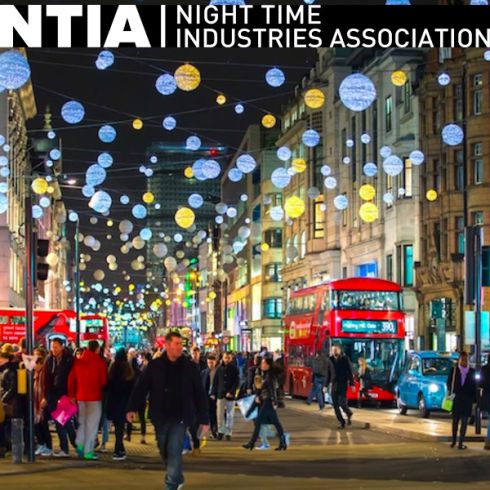
MUMBAI: For some time now the industry have been convinced that the decision to close or place restrictions on late night economy business like nightclubs has been unfounded, and the evidence does not exist.
Following the freedom of information requests submitted by the Night Time Industries Association, it has shown that the Welsh Government were unable to determine the source of cases, therefore could not quantify the risk presented by nightclubs or late night venues.
Question submitted as part of the FOI : Any evidence which the Welsh Government holds of COVID 19 spreader events: a. in Welsh nightclubs; b. in any nightclubs.
Response from Welsh Government FOI
“It is not possible to establish exactly where someone caught Covid-19, therefore it is not possible to provide the number of cases that were caught in specific venues. The Welsh Government does not hold any information on spreader events.”
This brings about many questions as part of the Covid Inquiry, which will present some challenging questions Devolved Governments and Westminster.
Michael Kill, CEO NTIA says:
"As we expected, in the response from the FOI submitted by the NTIA Members to the Welsh Government, there is no evidence held by the Welsh Government that identifies Nightclubs or late night economy businesses as being any greater risk than other settings across the region."
“The hospitality industry and Night Time Economy in Wales have been at the sharpest end of the pandemic, and have suffered immeasurably over the last 2 years. Few if any other sectors have been subject to the same level of restrictions on their ability to trade during this period. It is vitally important that the impact of the pandemic on the sectors we represent are considered fully within the inquiry, with a thorough assessment of impact and effectiveness of Welsh Government Covid-19 policy on our sector. We also need to evaluate whether the approach by the Welsh Government was proportionate, and what processes and framework would need to be implemented in future to avoid the same mistakes.”
“Given the importance of this inquiry, and the length of time that the process is likely to take, we are recommending that the Welsh Government produce an interim report, analysing the true impact of the lockdown strategy. We believe the costs associated with the Welsh Government’s approach will be revealed to be greater than previously understood, and it is important this is brought to light before the coming winter when the Welsh Government may again consider such restrictions.”
Peter Marks, Chief Executive Rekom UK says:
“In keeping with most governments, the Welsh government had chosen to put the worst restrictions on the late night economy with no evidence whatsoever that their businesses were any worse than any other indoor settings. The right way to have approached this would have been to do a risk assessment on every property and consider things such as air changes every hour, cleaning protocols, health and safety policies and training together with a consideration of capacity rather than just close a sector because of assumed customer behaviour. “
“We were left in a position where pubs with no ventilation save the odd window were deemed fine whereas nightclubs with 15 air changes an hour or more were not. “
“We repeatedly asked for any evidence and none was forthcoming. We do not believe it ever existed. Wales were worse than most though as a result, we believe, of political opportunism and trying to out-caution and distance themselves from Boris Johnson’s government.”
“Mark Drakeford even went on record around Christmas to say that because London had rising rates with omicron it would only be a matter of time before it hit Wales, as the pattern was that the country was always two weeks behind London in infections. This was blatantly not true at the time and it was proved not to be the case.”
“If ever we were to face restrictions again we should be restricted on a risk assessed basis not a political one more interested in media spin than the facts.”